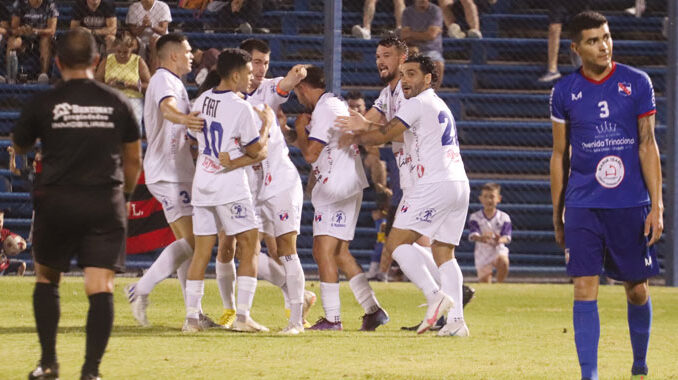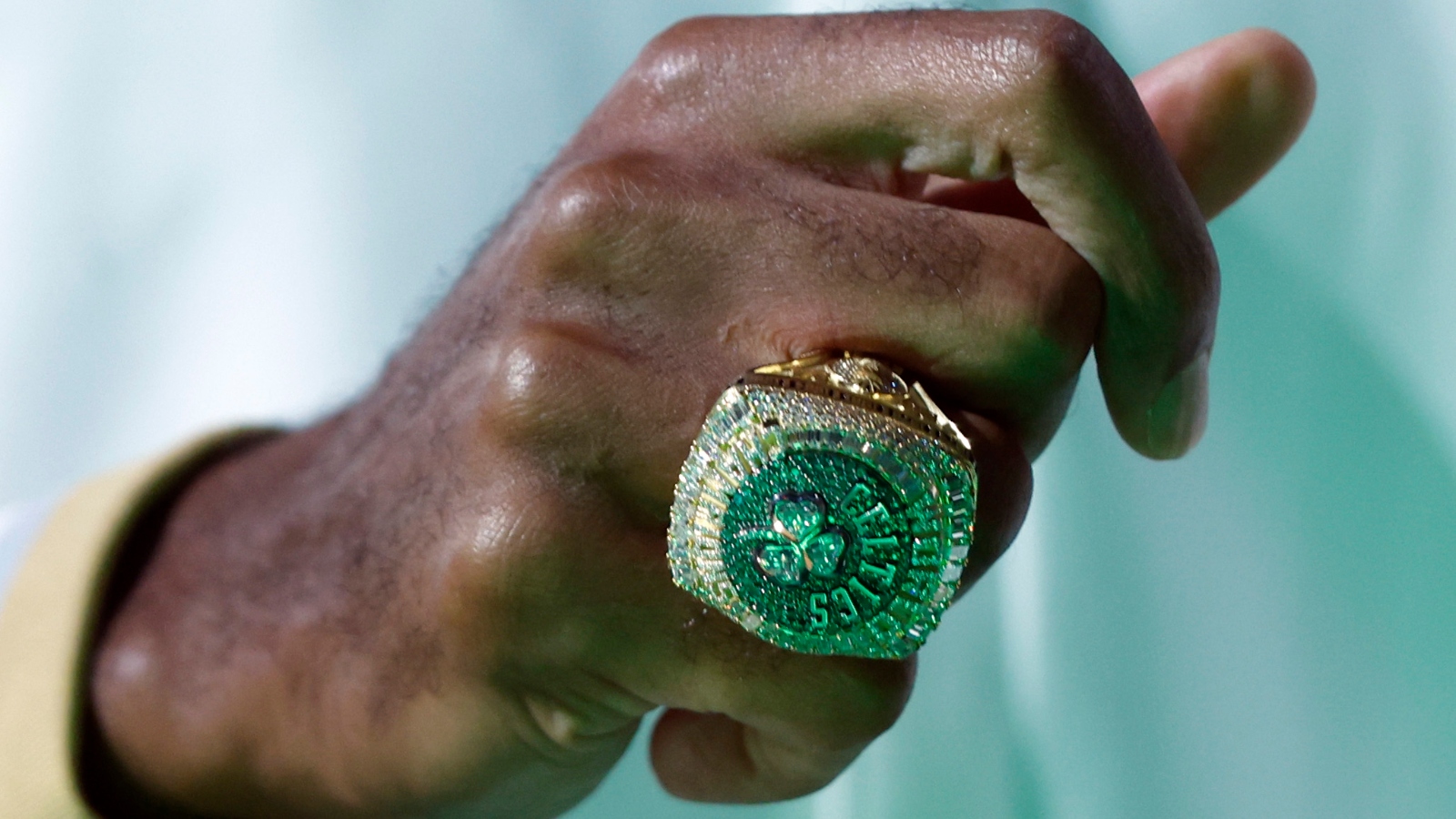Google's Role In LaLiga Piracy Case: Criminal Charges On The Table

Table of Contents
LaLiga's Accusations Against Google
LaLiga claims that Google's advertising network, Google Ads, is directly profiting from websites that illegally stream LaLiga matches. They argue that Google knowingly allows its advertising platform to be used by these pirate sites, thereby contributing to significant financial losses for the league and undermining the integrity of Spanish football.
- Evidence presented by LaLiga: LaLiga has reportedly presented evidence including specific URLs of websites offering illegal streams, alongside data demonstrating significant advertising revenue generated by Google Ads on these platforms. This data allegedly shows a direct link between Google's advertising revenue and the illegal streaming of LaLiga matches.
- The scale of the alleged piracy: The alleged scale of piracy facilitated through Google Ads is substantial, affecting a significant portion of LaLiga's viewership and resulting in considerable lost revenue from legitimate broadcasting partners.
- LaLiga’s financial losses due to piracy: The financial impact on LaLiga is substantial, affecting not only revenue streams from broadcasting rights but also impacting sponsorship deals and the overall value of the league. These losses are central to LaLiga's argument against Google.
- The impact of piracy on the integrity of the league and its sponsors: Illegal streaming undermines the value of official broadcasting rights, damaging relationships with legitimate broadcasters and potentially discouraging sponsors. The integrity of the league itself is threatened by widespread piracy.
Google's Defense Strategy
Google has responded to LaLiga's accusations by emphasizing its proactive measures to combat piracy and its policies regarding illegal content. They contend that the sheer volume of online content makes it incredibly difficult to police every single website and advertisement.
- Google's claims of proactive measures to combat piracy: Google points to its established systems for takedown requests, content filtering, and its efforts to remove illegal content from its platform. They maintain that they actively work to address reported violations of copyright law.
- Arguments regarding the difficulty of policing the vast amount of online content: Google argues that the internet's scale makes complete oversight impossible, and that they rely on reports and user flagging to identify and address copyright infringements.
- Legal precedent cited by Google: Google's defense likely involves referencing legal precedent surrounding platform liability and the distinction between content creators and platforms hosting user-generated content.
- Google’s argument on their role as a platform rather than a content creator: A central part of Google's defense rests on their position as a platform rather than a creator of the illegal content. They argue that they should not be held directly responsible for the actions of third-party websites using their advertising services.
The Role of Copyright Law and Intellectual Property Rights
This case hinges on the application of copyright law and intellectual property rights. LaLiga argues that Google's actions constitute contributory copyright infringement by facilitating the illegal distribution of their copyrighted content.
- Explanation of relevant copyright laws in Spain and potentially the EU: The legal framework relevant to this case involves both Spanish copyright law and potentially EU directives on intellectual property rights and the digital single market.
- The legal burden of proof on LaLiga: LaLiga bears the burden of proving that Google knew, or should have known, that its advertising network was being used to promote illegal streaming and that they failed to take reasonable steps to prevent it.
- The potential penalties for Google if found guilty: If found guilty of contributory copyright infringement, Google faces potentially significant financial penalties, including substantial fines. The potential for criminal charges adds a further layer of gravity to the situation.
Potential Implications and Precedent
The outcome of this case will have far-reaching implications for the tech industry and the fight against online piracy. It sets a crucial precedent for the responsibility of large tech platforms in policing online content and protecting intellectual property rights.
- Impact on other leagues and sporting organizations: The result will significantly influence how other sports leagues and organizations approach the issue of online piracy and how they engage with tech platforms.
- Potential changes to advertising policies and platform responsibilities: The case could lead to significant changes in advertising policies and a greater emphasis on platform responsibility for the content hosted on their networks.
- The precedent this case could set for future legal battles concerning online piracy: This case could establish a significant legal precedent for future disputes involving online piracy and the role of tech platforms.
- The broader implications for online content regulation and freedom of speech: The debate surrounding this case also touches upon broader questions about online content regulation, freedom of speech, and the balance between protecting intellectual property and enabling free access to information.
Conclusion
The LaLiga piracy case against Google is a pivotal moment in the ongoing battle against online piracy. The gravity of the potential criminal charges against Google underscores the escalating tensions between intellectual property rights holders and major tech platforms. The key arguments revolve around Google's knowledge of the illegal activity, its responsibility as a platform, and the effectiveness of its measures to combat piracy. The outcome will significantly impact how tech companies address copyright infringement and their responsibilities in protecting intellectual property rights. Understanding Google’s role in this case and the potential implications is crucial for everyone involved in the digital content ecosystem, from sports leagues to consumers. Stay informed on further developments in the LaLiga piracy case and the ongoing battle against online streaming piracy.

Featured Posts
-
 Choosing The Best Black Decker Steam Iron Features And Comparisons
May 16, 2025
Choosing The Best Black Decker Steam Iron Features And Comparisons
May 16, 2025 -
 Victoria De Bahia Ante Paysandu Resumen Y Analisis Del Partido 0 1
May 16, 2025
Victoria De Bahia Ante Paysandu Resumen Y Analisis Del Partido 0 1
May 16, 2025 -
 Paddy Pimblett And Ufc 314 Champion Potential And The Weight Of Expectation
May 16, 2025
Paddy Pimblett And Ufc 314 Champion Potential And The Weight Of Expectation
May 16, 2025 -
 Boston Celtics Pardavimas Rekordas Be Lietuviu Akcininku
May 16, 2025
Boston Celtics Pardavimas Rekordas Be Lietuviu Akcininku
May 16, 2025 -
 Ukraina Pod Massirovannym Udarom Rossiya Zapustila Svyshe 200 Raket I Dronov
May 16, 2025
Ukraina Pod Massirovannym Udarom Rossiya Zapustila Svyshe 200 Raket I Dronov
May 16, 2025
